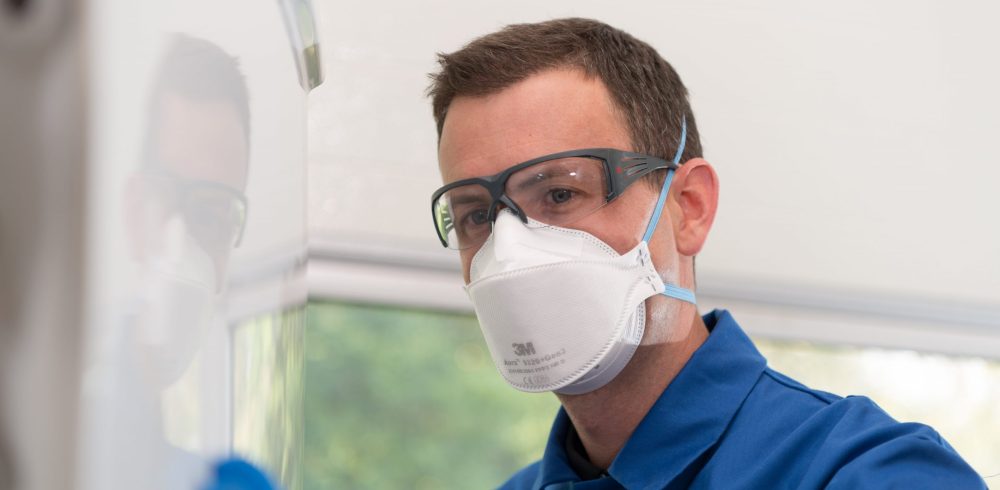Choosing a good mask or respirator is an important and necessary step in staying protected from a range of pollutants and potential health hazards. If you’re not sure how to choose a suitable mask, our handy guide is here to help.
What do masks and respirators protect you from?
While masks and respirators can differ in terms of protection level, material and type, they all share the same purpose, to protect you from pollutants and harmful substances. The most common substances include dust, oil mist, fumes and even mould spores.
What is the difference between a mask and a respirator?
The term can sometimes be interchangeable, but in general, more simple masks like washable fabric are only suitable for protecting you from large droplets, splashes, or sprays of hazardous fluids. Some masks however, like 3ply Medical Face Coverings can provide bacterial air filtration and are designed for use in environments where you may be exposed to a greater number of harmful particles like hospitals.
Respirators are considered to be a better choice for construction environments due to high levels of dust which can cause irritation and breathing difficulties without sufficient precautions. Respirators are also designed to fit tightly across the wearers face to ensure only filtered air is breathed in. Respirators like the Moldex FFP3 are often made of thicker fabric that is specifically chosen for its ability to trap fine, airborne particles.
What should I look for when choosing a mask or respirator?
As mentioned above, it is important to consider the level of health hazards you may encounter when thinking about choosing a mask or respirator. A fabric mask may be most convenient if you only need a lower level of protection and want a washable option, but for occasions where you may encounter mould spores, high levels of dust or harsh chemicals, it is more advisable to choose a respirator like the 3M Half Mask Ffa1P2D which contains carbon breathing filters and is designed for dangerous industries where the user may encounter harmful gases, vapours and combination particulate hazards.
Whichever mask or respirator you choose, it is important to select a covering that is comfortable but close to the face to prevent large quantities of unfiltered air being breathed in through the sides or from under your chin. Coverings should have an adjustable nose-bar for secure fitting around the nose and fit comfortably around the ears without being tight enough to risk pulling off.
Want to read our other helpful guides? Check out our guides to MIG and TIG welding or view our full range of masks and respirators.
Manufacturing & Engineering Magazine | The Home of Manufacturing Industry News















